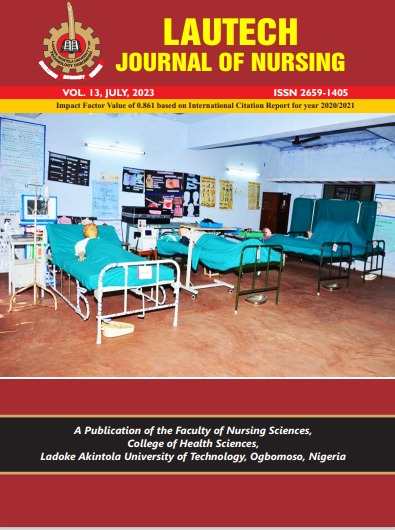The purpose of this study was to assess the knowledge and practice of hand washing, and to determine the factors that limit the practice of hand washing among secondary school students. Sample size of 200 participants was used in this descriptive cross-sectional study. Students were recruited from four secondary schools in Benin City, Edo State, Nigeria. Multi-stage sampling was utilized in selecting the settings and participants. The sample size was determined using Cochran’s formula for descriptive study. A self-structured questionnaire was used to obtain data, which was analysed using descriptive statistics. This study observed that the respondents’ level of knowledge of hand hygiene is good (66%), with a mean score of 5.33 out of 8, and the practice of hand washing is fair (68.4%), with a mean score of 1.98 out of 2.50. Findings also indicate that the respondents’ accessibility of hand washing equipment is poor (27%). Other factors limiting hand washing include ignorance, unavailability of clean running water, unattractive hand washing facilities, and lack of time. Lastly, there is significant difference (p<0.000) between the knowledge score of students in private schools when compared with those in public schools. It is there for recommended that schools provide the necessary materials needed for students’ hand washing to encourage adequate practice. This will help fill the knowledge-practice gap observed in the study.
- CHUKWURAH | JOAN | N. | @ | +234, AFEMIKHE | JULIANA | A. | nkechi.chukwurah@uniben.edu | +234 806 846 7845, AIGBEDO | CYNTHIA | I. | @ | +234
- Hand washing; Infection; knowledge and practice study; Secondary School Students
- JOAN N CHUKWURAH JULIANA A AFEMIKHE & CYNTHIA I AIGBEDO


